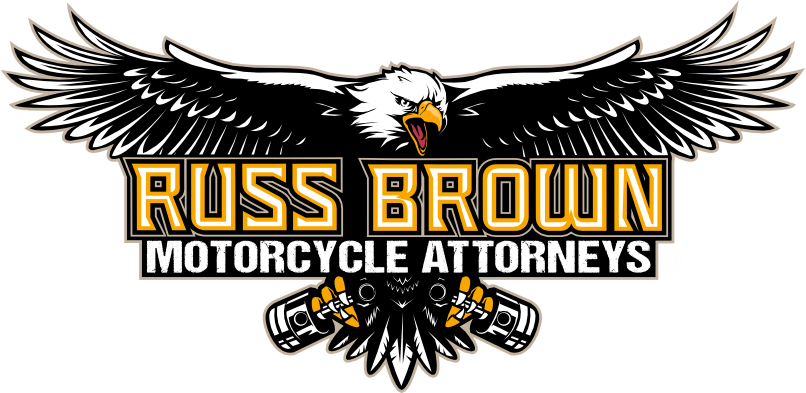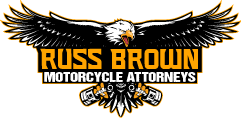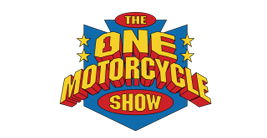MOTORCYCLE INSURANCE CLAIM PROCESS
Understanding the Motorcycle Insurance Claim Process
Russ Brown Motorcycle Accident Attorneys knows how important it is to understand the motorcycle accident claim process. A single mistake could delay or jeopardize your settlement. After an accident, the motorcycle accident claim process starts with applications for reimbursement. You need to cover your medical bills and bike repair at minimum. There may be other compensation covered, depending on the type of policy you took out.
A claims adjuster may be assigned to your case during the insurance claim process. This person’s job is to gather information on behalf of the insurance company. They will contact the drivers of any other vehicles involved and talk to any witnesses. They will also inspect your bike and photograph the damage, examine the scene of the accident, and perform other investigations.
How to Make Insurance Claims After Motorcycle Accidents
There are several steps to take after a motorcycle accident, in order to make a successful insurance claim. There are many different components to filing a claim, and your ability to claim can be affected by the type of policy you have. Unfortunately, because of the common stigma against motorcycle riders, claiming can be a more gruelling process than with car accidents and car insurance.
Indemnification is the initial compensation coverage for damages and losses until fault has been officially determined. As part of the motorcycle accident claim process, the claims adjuster may make a request that you use a particular repair shop. Going to that approved repair shop or shops for estimates is important. The figure quoted will be the amount the insurance company is likeliest to agree to for repairs. You are not obligated to use this repair shop for your vehicle’s repair. However, if the final cost is more than what your insurance’s repair shop quoted, you will likely have to make up the difference out of your own pocket. That said, it is recommended that you go with a mechanic that you trust rather than one working with an insurance company to minimize the company’s payouts.
When making a claim against another driver’s insurer, you should be able to collect the full amount regardless of your personal policy. However, if you are claiming against your own insurance company, your payout will depend on the coverage you have and the terms of your policy. Collision coverage applies to accidents involving other vehicles. In some circumstances it might also cover collisions with fixed objects. However, comprehensive coverage applies to all sources of damage, beyond collisions. For example, if you came off your vehicle rounding a curve, you are likelier to be able to claim under a comprehensive coverage policy. The policy’s maximum will depend on how much coverage you purchased, and if your deductible is too high, you won’t receive any compensation from the insurance company. What’s more, actually making a claim can mean your insurance rates increase. If you’re getting a small payout after the deductible, you might find it makes more financial sense to pay out of pocket and avoid the ongoing higher premiums.
One element that is often overlooked when it comes to claiming for property damage is safety equipment and personal effects. Was your cellphone crushed or damaged in the crash? Did your helmet touch the ground at any point? Make a claim for them. Your helmet will need to be replaced. If your gear isn’t covered by your personal insurance, it may be covered by the other party’s.
If you are claiming reimbursement for medical bills, the process requires that you provide receipts or other evidence of your medical expenses. Injury claims can also require that your insurance company have access to your medical history. If this is the case for you, you may want to contact Russ Brown Motorcycle Accident Attorneys for the guidance necessary to protect your interests. There can be elements of your pain and suffering, such as brain injuries, that your or the other driver’s insurance company may try and use against you. Undermining your case by calling your ability to accurately recall events into question is sadly commonplace.
How Much Is My Motorcycle Accident Injury Worth?
- $285,000 for a broken wrist
- $555,000 for a disputed back injury
- $2 million for a wrongful death
- $2.25 million for a disputed traumatic brain injury
Ultimately, the main deciders of how much compensation is warranted for injuries are threefold. Medical expenses, including ongoing costs for medication, physical therapy etc. Wage loss, including the loss of future earning capacity if you are unable to resume the same work in the future. For example, losing the ability to work as a graphic designer if you suffer nerve damage in your accident and lose fine motor control in your hands. Thirdly, and most nebulously, pain and suffering. Emotional distress, mental anguish, and impact on quality and enjoyment of life attributable to the accident are all included under this. Broadly, the longer-lasting the injury, the larger the payout. Money must be provided to cover costs such as rehabilitation, equipment, converting property to be accessible, or the cost of an assisted living facility.
How to File a Motorcycle Accident Insurance Claim
The best way to successfully file a motorcycle accident claim is, before you even contact your insurance company, to engage the services of a motorcycle accident lawyer. For over 40 years, Russ Brown Motorcycle Accident Attorneys has been a successful advocate for th












